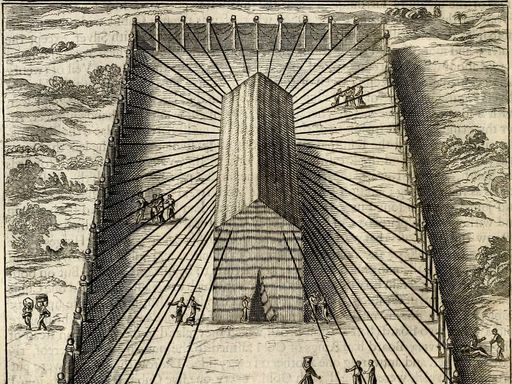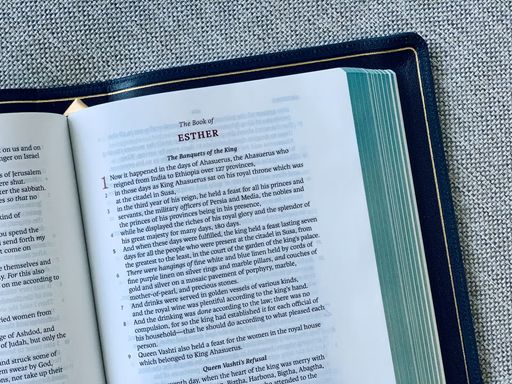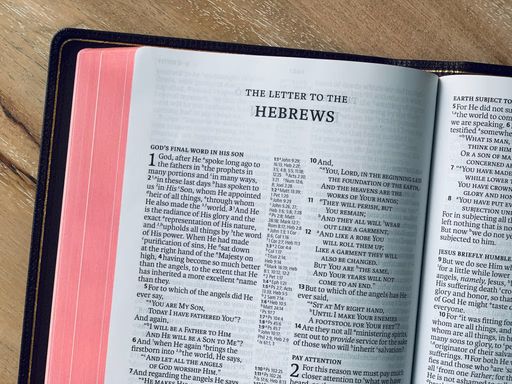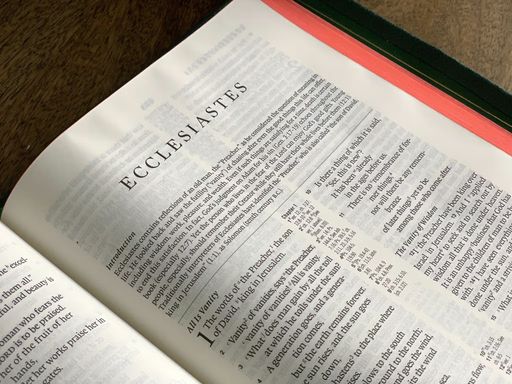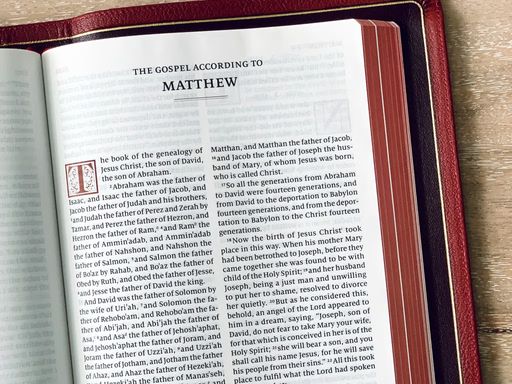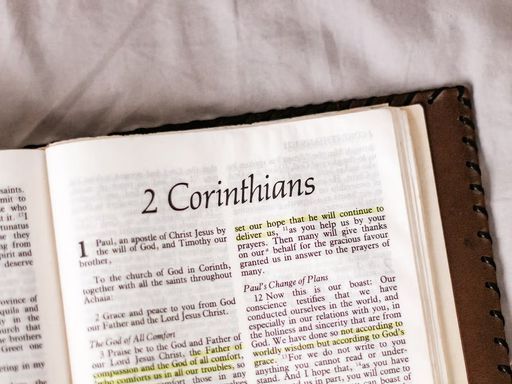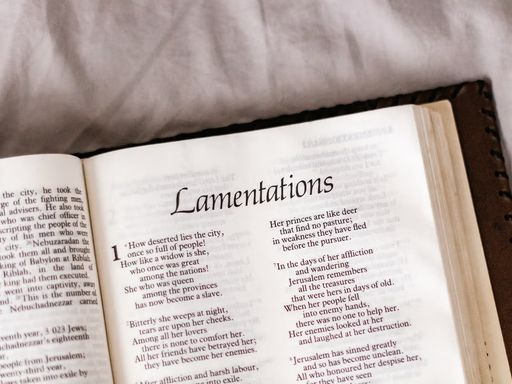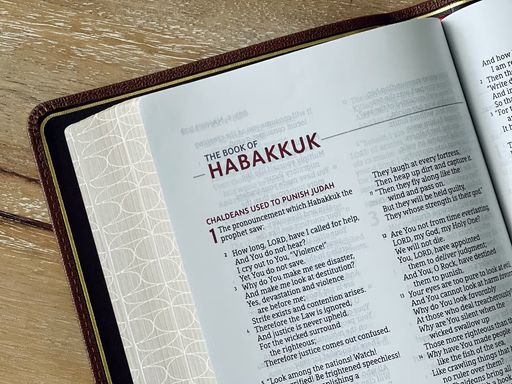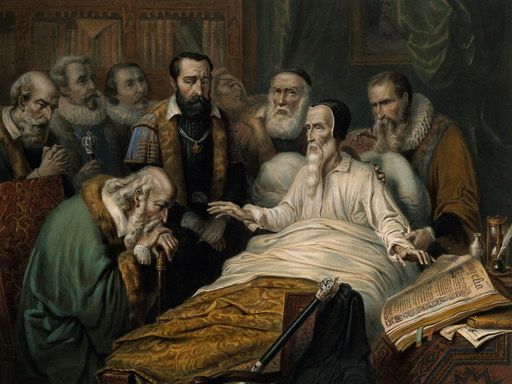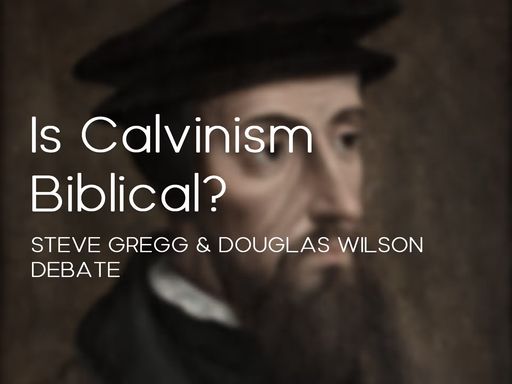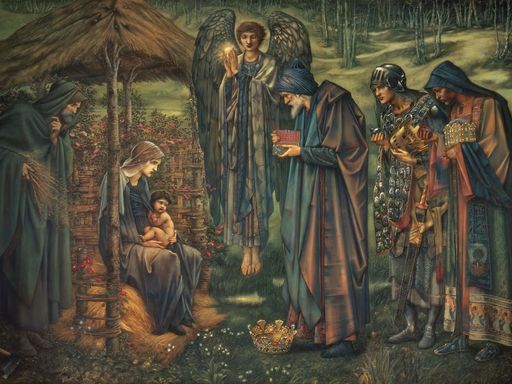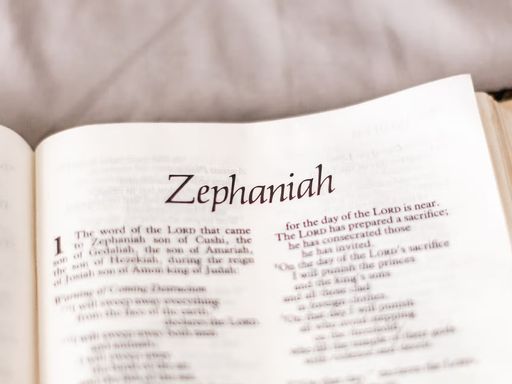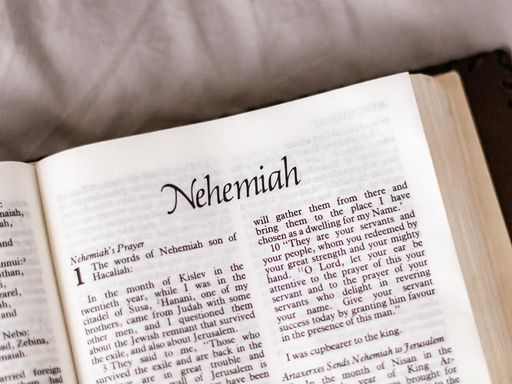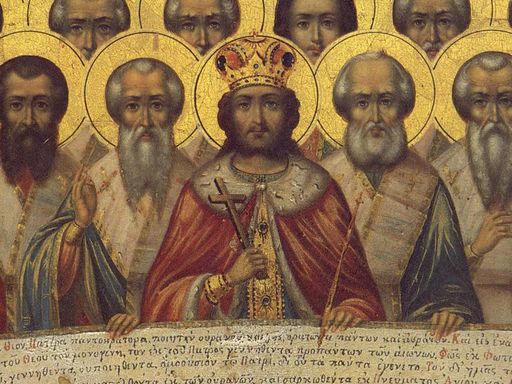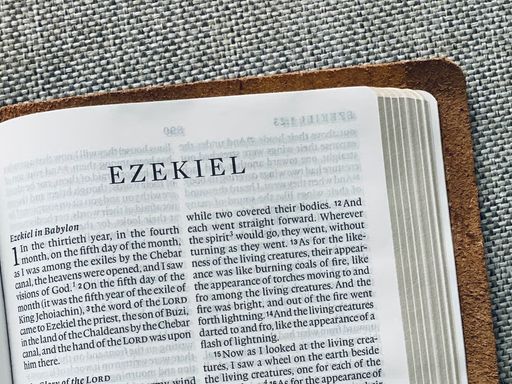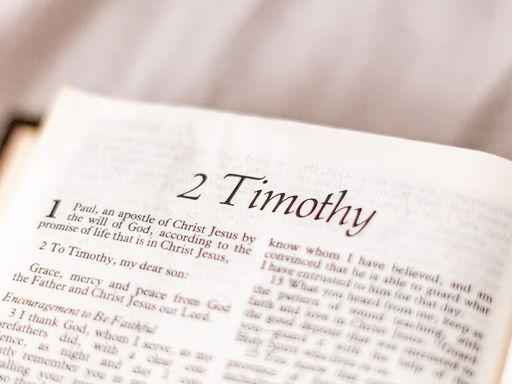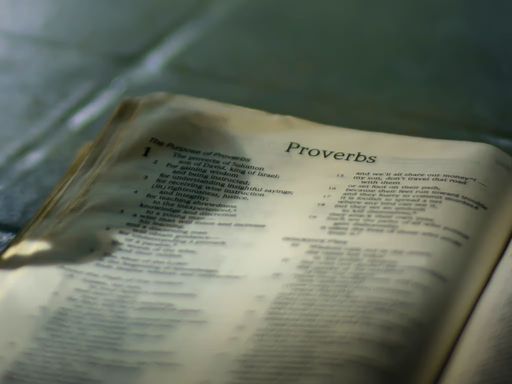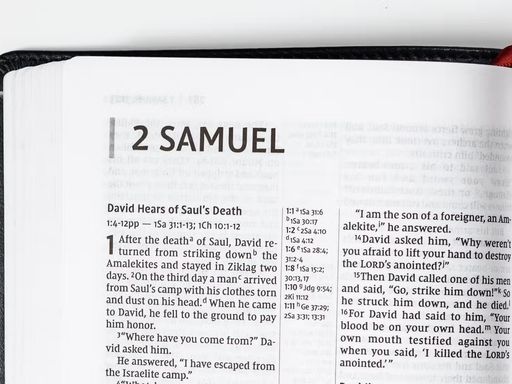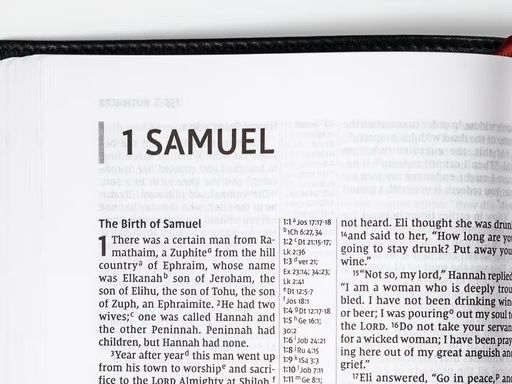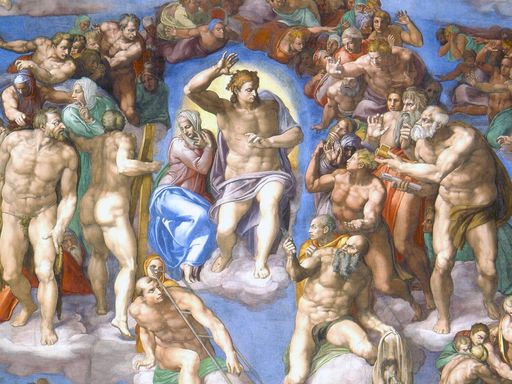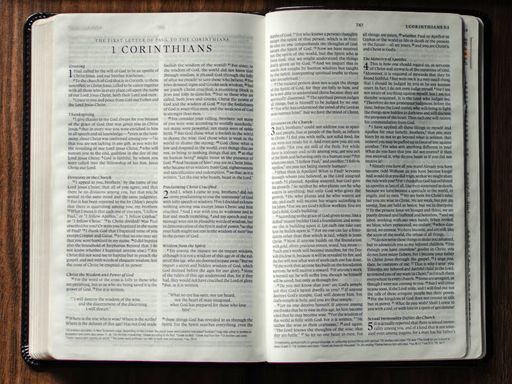
Revelation
Steve Gregg
In this 19-part series, Steve Gregg offers a verse-by-verse analysis of the book of Revelation, discussing topics such as heavenly worship, the renewal of Earth, and the defeat of Satan.
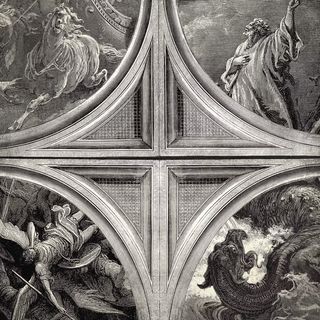
Revelation Introduction (Part 1) - Overview and Authorship
In this overview of the book of Revelation, Steve Gregg discusses its authorship and audience, as well as the debates and open questions surrounding it. Despite being difficult to interpret, the book is regarded as a prophetic and edifying work, offering a unique glimpse into heavenly worship and pr

Revelation Introduction (Part 2) - Symbols and Images
In part two of his introduction to the book of Revelation, Steve Gregg delves into the symbols and images used throughout the text. He emphasizes the importance of understanding that many of the descriptions are not meant to be taken literally, but rather symbolically. Gregg also discusses the signi

Revelation Introduction (Part 3) - Dating Revelation
Steve Gregg explains in this talk that while many scholars believe that the Book of Revelation was written in 96 AD, some hold opposing views. The internal evidence suggests that the book was written during the reign of Nero, leading to him being a convincing candidate for the number 666. However, i

Revelation Introduction (Part 4) - Four Views
In this talk, Steve Gregg discusses the different views on interpreting the book of Revelation, focusing on the idealist, preterist, and historicist viewpoints. He cautions against taking things too literally and emphasizes the symbolic nature of the book. Gregg argues that each view has its own con

Revelation 1
Steve Gregg provides an insightful analysis of the Book of Revelation, starting with the identification of John as the writer of the book. He explains that the phrase "born witness" means to bear witness to one's faith at the cost of one's life, which John did, and also that the word of God refers t

Revelation 2
In "Revelation 2", Steve Gregg discusses the seven brief epistles in the book of Revelation addressed to the seven churches of Asia. He explains that the letters contain both praise and criticism for each church, and suggests that they are not direct messages from Jesus, but rather portray traits of

Revelation 3
In this talk, Steve Gregg discusses Revelation 3 - a chapter in which Jesus sends letters to the seven churches of Asia. Gregg notes that two of these letters contain no negative feedback, but rather assess the churches as not being truly "alive." He stresses the importance of prioritizing the lords

Revelation 4 - 5
In this discourse, Steve Gregg provides an analysis of Revelation 4 and 5, which he considers a turning point in the book. He notes that this section describes a vision of heavenly beings and their worship of God. Gregg interprets the four living creatures mentioned in the text as representing diffe

Revelation 6
In his presentation, Steve Gregg discusses the first six seals of the scroll in Revelation 6, which follow the events that take place in the previous chapter. He notes that the breaking of the seventh seal is postponed, and that the qualifications for breaking the seals are not immediately clear. Th

Revelation 7 - 8
In this discussion, Steve Gregg examines selected verses from Revelation 7 and 8, highlighting the symbolism and themes present in the text. He emphasizes the importance of understanding the context of the book and the significance of key details, such as the sealing of the 144,000 and the use of im

Revelation 9 - 10
In this section, Steve Gregg continues his exploration of the book of Revelation with chapters 9 and 10. After the interlude in chapter 7, the sixth and seventh seals are revealed, showing God's salvation of a remnant of Israel and a multitude of Gentiles. The first four horsemen of judgment are sho

Revelation 11
In this piece, Steve Greg discusses Revelation 11, which he believes to be a remarkable and deliberate contrast to the rest of the Bible. While the things written in the book may seem to refer to specific situations, such as spiritual warfare, victory in Christ over Satan, and vindication in heaven,

Revelation 12
In this talk, Steve Gregg delves into the 12th chapter of Revelation, which is part of a section that includes chapters 11 and 13. He notes that the majority of Protestants once held a Historicist view, which held that Jesus was cut off in the midst of the 70th week of Daniel. Gregg suggests that th

Revelation 13
In this talk, Steve Gregg discusses Revelation chapter 13 and its famous depiction of beasts. The common interpretation that the beasts represent the Antichrist is popularized in Christian movies and novels, but Gregg notes that the Bible itself does not use the term "Antichrist" in the same sense.

Revelation 14 - 16
In this segment of his discussion on Revelation, Steve Gregg delves into the symbolism of chapter 14, which follows the previously discussed period of 42 months or 1260 days. He notes that the group referred to as the "ones not defiled" are likely Christian Jews who have remained faithful to God. Gr

Revelation 17 - 18
In this presentation, Steve Gregg delves into the symbolism of Babylon in Revelation 17-18. He notes that while some interpret the harlot in these chapters as the Roman Catholic Church or a coalition of apostate faiths, it is equally likely that the term refers to Jerusalem as a great city and a har

Revelation 19
Steve Gregg provides an in-depth analysis of Revelation 19, discussing the fall of Babylon and the marrying of the faithful woman by God. He also touches on the concept of the bride and groom, emphasizing the importance of righteousness and how it connects to the clothing worn by the bride. Gregg fu

Revelation 20
Steve Gregg provides an interpretation of Revelation chapter 20, which is considered a controversial chapter in the Bible. Gregg discusses the representation of the thousand-year period in the chapter, which he believes to be a symbolic representation of a lengthy period of time. He also discusses t

Revelation 21 - 22
In this text, Steve Gregg discusses Revelation 21-22 and the idea of a new heaven and earth. Gregg notes that the descent of the New Jerusalem and the descent of the Lamb's wife are likely connected to the meeting of the church and Christ at his second coming. The city is depicted as having twelve f


